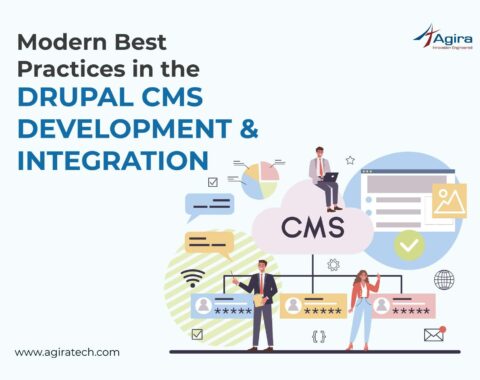In search of progressive web apps, I have not had the best piece of info which covers all the required information about progressive apps.
So decided to come up with a blog that includes all necessary details about Progressive Web Apps.
In this article, will explore more about Progressive Web App and how it’s bridging the gap between the Mobile Apps with Web Apps.
In the modern era, almost all the peoples were connected to the web. We’re not even ready to imagine a world without mobile or internet.
So how we can improve the user experience and how we can engage them to stay long without boring.
Having all this on the mind, Progressive Web Apps are introduced. The biggest motive of this app is to retain the user even from the very first visit to the website. Mostly, we can achieve it by cached data. Like how it has been achieved with the mobile apps.
Before exploring all, Let’s focus what Progressive Web App is,
What is Progressive Web Apps ?
Progressive Web Apps combines the best experiences of the web and mobile apps.
Progressive Web Apps use efficiency to deliver an app with the excellent user experience. It emerges from browser pages and manages the webs with low friction at every bit. It will give the best user experience from the very first visit of the user.
No installation required like a mobile app, It builds an effective relationship with the browser all time, loads quickly yet caters with recommended push notifications.
And forget about the shortcuts, now you can add this app as an app icon on your home screen.

How it bridges the gap between Web App and Mobile App?
Progressive Web Apps is combining the some best of the web app and mobile app together.
In the table below, listed some of the prominent features which are combined in PWAs, symbolizing the gap-bridging functionality of the progressive web apps.
| Features | Website | Progressive Web App | Mobile App |
| Offline | NO | YES | YES |
| App Stores | NO | NO | YES |
| Responsive | YES | YES | YES |
| Searchable | YES | YES | NO |
| Local notifications | NO | YES | YES |
| Push notifications | NO | YES | YES |
| Download to install | NO | NO | YES |
| Fast updates | YES | YES | NO |
While we are surfing the web, We do come across loads of irrelevant information’s.
Even sometimes internet will feed us with excess content when we need a drop of precise information.
So don’t get confused, or don’t be over stuffed with irrelevant information.
To get start with PWA, technically it’s should meet below four requirements,
- A site must be visited twice with a 5-minute interval
- A website should have valid HTTPS connection.
- Must have Valid JSON Manifest
- Must have Service Worker
Once those four requirements satisfied, You can get ready to customize the functionalities to implement full offline browsing.
Let’s do a simple comparison between PWA’s and Native App
Some of Best PWA’s Features:-
Compatibility – PWA’s gets almost compatible with all the browsers except Safari.
Responsive – Provides extensive responsive layouts which support over all the devices.
Less Connectivity Dependency— with the help of service workers, Progressive Web Apps can even work on low-quality internet connection, or even offline!.
App-like –Experience – It gives the perfect app feel to the user. With the help of app shell model, it separates the application functionality from application content and balances equally.
Up to date – It always stays up-to-date with the help of service worker which handles the overall update process.
Security – It only works with HTTPS so we should load it via HTTPS. It will prevent us from unauthorized access.
Discoverable – By evolving W3C manifest and Service worker, PWA’s addressed as application and easily found by search engines.
Re-engageable – Keeps engaging us with efficient easy-going features like push notifications.
Installable– enables the user to add apps to their home screen without facing the hardship of an app store.
Linkable – Without demanding a complicated installation we can easily share the application via URL.
Pro’s & Con’s of PWA
- Loads websites faster and speeds up the performance.
- Always stays up to date with Offline capabilities.
- Provides Security
- Can add as an app on your Home Screen
- Push notifications
- Fills the gap between mobile apps and websites.
- Fast distribution — PWA updates are instant! All the users will get the instant and simultaneous prompt.
- Provides greater re engagement.
There are some cons, to explicitly point out few,
- Excess battery use.
- Another considerable drawback Safari will not support Progressive Web Apps
- Like web app, it also has limited access to devices.
In this article i have covered the basic of PWA’s and all it’s substanial features. In future will explore more about PWA’s and also will talk about the effective ways of building progressive Web Apps.











